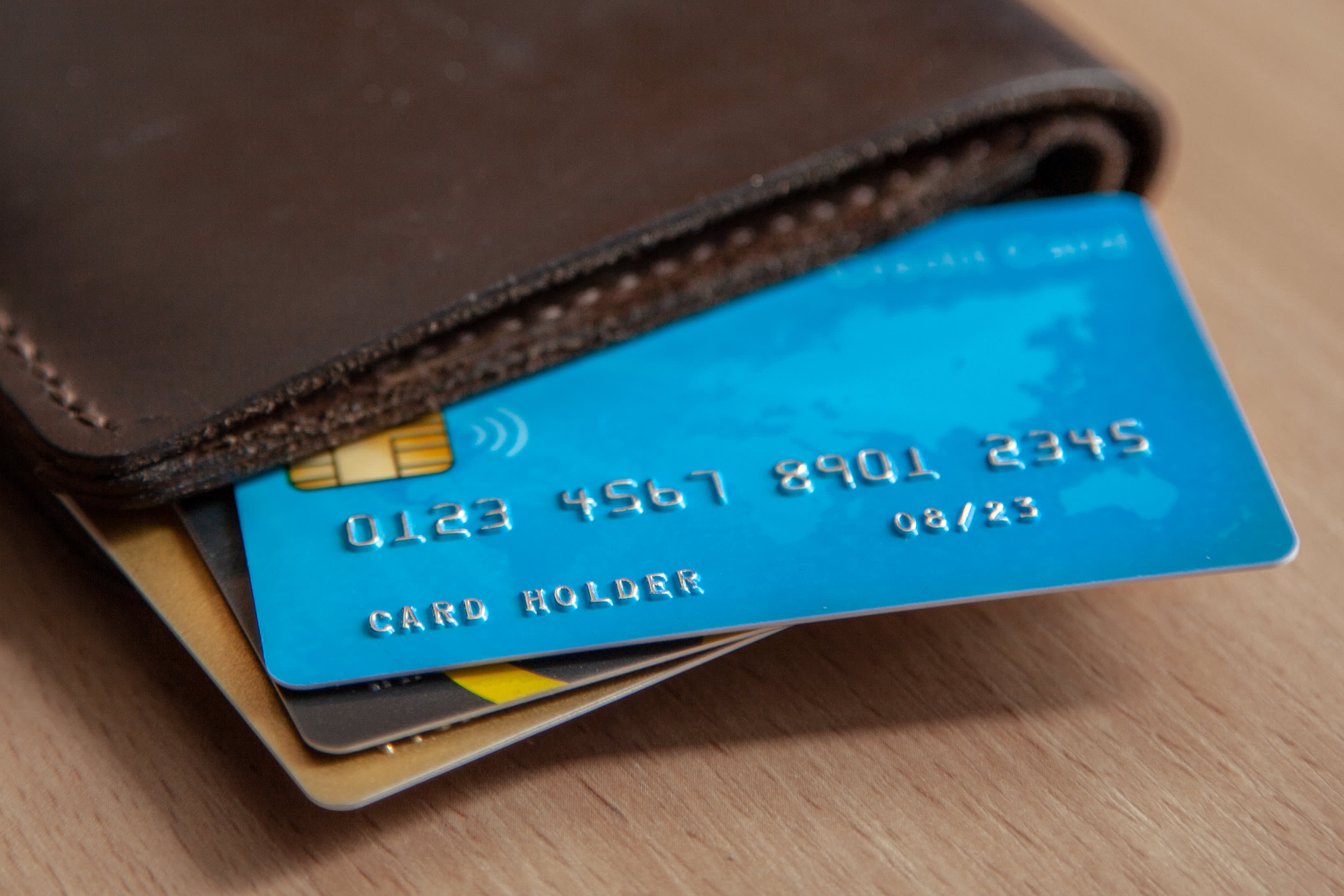Products You May Like
ADragan | iStock | Getty Images
Credit card rewards can be tempting. They can also be costly.
Nearly 70% of people with credit card debt are trying to pick up cash-back and other perks from their cards, even though they’re carrying a balance that’s costing them interest, according to a new survey by Bankrate.com.
“This is a bad idea — if you carry credit card debt from month to month, you need to forget about rewards and prioritize your interest rate,” said Ted Rossman, credit card analyst at Bankrate.com.
People who carry a balance on their cards — which is about 60% of holders, according to the American Bankers Association — should stick to the sidelines of the rewards game, Rossman said
“The math just doesn’t work — 2% cash back on a 17% interest rate is a losing proposition,” he said. (The average interest rate today is almost 18%, compared with 12% a decade ago, according to Creditcards.com.)
Here are other unexpected moves that can lower your score.
Paying off an old debt
martin-dm | Getty Images
It seems like you’re doing something good: An old, unpaid bill resurfaces and you make a partial payment on it.
However, sometimes these debts are already so old they’re not legally enforceable, said Katherine Lucas McKay, who focuses on consumer debt at the Aspen Institute.
Once the debt collector makes a record of your active payments, it’s legal in many states for the debt to be treated as new, Lucas McKay said.
Often the easiest thing to do, she said, is to pay off the balance completely. “Your score will start to rise again once that record is closed,” she said.
If you believe the collection agency is acting inappropriately, file a public complaint through the Bureau of Consumer Financial Protection. For the debt collectors, she said, it’s often easier to just resolve the issue “rather than have their regulator look into the situation.”
Closing a line of credit
Credit card debt
Peter Dazeley | Getty Images
After you’ve paid off a credit card, you might close the line of credit.
Keep in mind that doing so will lower your overall credit limit, and therefore may increase your utilization rate — how much credit you’re using versus what’s available to you.
“There is some data from FICO that reveals people with credit scores above 800 commonly maintain a credit ratio below 10 percent,” said Bruce McClary, vice president of communications at the National Foundation of Credit Counseling.
To offset the smaller credit limit, you should have a strategy for paying down the remaining balances as quickly as possible and bringing the utilization ratio back within an acceptable range, McClary said.
Sticking with one type of credit
Kevin Dodge | Getty Images
To that point, 10% of your score is about the variety of your debt, said Matt Schulz, credit expert at CompareCards.com.
“If you’ve had a car loan, a personal loan, a credit card and a mortgage and handled them all well, you’re probably going to have a higher score than someone who has just had a credit card — all other things being equal,” Schulz said.
That’s because lenders have more data points to pull from to make their decisions.
You shouldn’t go out and get a loan you don’t want or need just to bump your score a bit, he said, but, “it is worth considering in some circumstances.”
